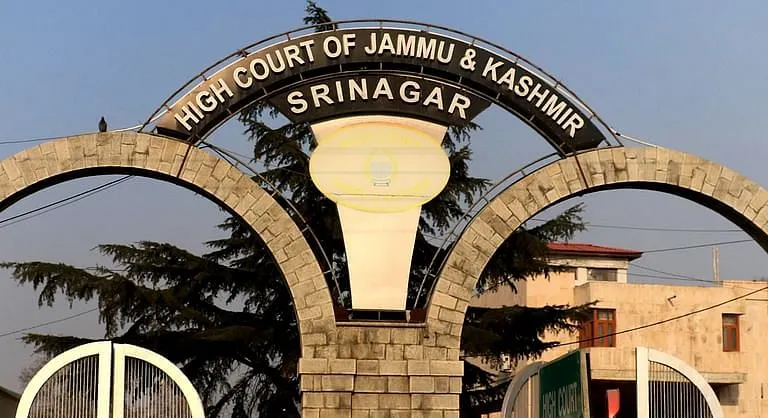Srinagar: The High Court of J&K and Ladakh on Thursday ruled that Central Bureau of Investigation (CBI) was vested with jurisdiction to investigate offences committed within the territorial jurisdiction of erstwhile State of J&K by “general consent” given on May 7, 1958 and December 8, 1963 by the government.
While answering a common question of law raised in a batch of petitions as to whether the CBI was vested with jurisdiction to investigate offences committed within the territorial jurisdiction of erstwhile State of Jammu and Kashmir, a bench of Justice Sanjay Dhar termed as “superfluous” the instances where government has given “specific consent”.
“There may be a couple of instances where even in cases which have been directly registered by the CBI, the State of Jammu and Kashmir has accorded specific consent, but the same is superfluous in view of the fact that a general consent has been accorded by the Government,” the court said.
A specific consent, it said, may also be required in a case in which the subject matter of investigation is an offence which is not mentioned in the consent letter and the order issued under Section 5 (of the Delhi Special Police Establishment Act (DSPE Act)).”
The court also rejected the argument that the individual notification in respect of every case under Section 6 of the DSPE Act was necessary to provide the CBI with power and jurisdiction to investigate the cases in the erstwhile State, noting that when a case is registered by local Police and the State Government intends to transfer the investigation of the case to CBI there has to be a specific consent by the State Government to empower the CBI to investigate the case.
“This is to avoid parallel proceedings in respect of the very same offences,” the court said.
“Once the CBI is entrusted with the investigation of such a case its members discharge the functions of the Police Officer Incharge of the Police Station, as such, in order to avoid any difficulty in investigation due to concurrent jurisdiction exercised by the local Police as well as the CBI a specific consent notification has to be issued by the State Government.”
The Court underscored that for the CBI, which is an agency constituted under Section 2 of the DSPE Act, to exercise its jurisdiction to undertake investigation in a particular state, there has to be a notification under Section 3 specifying the offences regarding which the the CBI is authorised to undertake investigation, then there has to be an order under section 5 of the Act extending the powers of CBI to undertake investigation in specified offences to a particular State and there has also to be a consent of the concerned State Government for exercise of powers by the CBI in the particular State.






